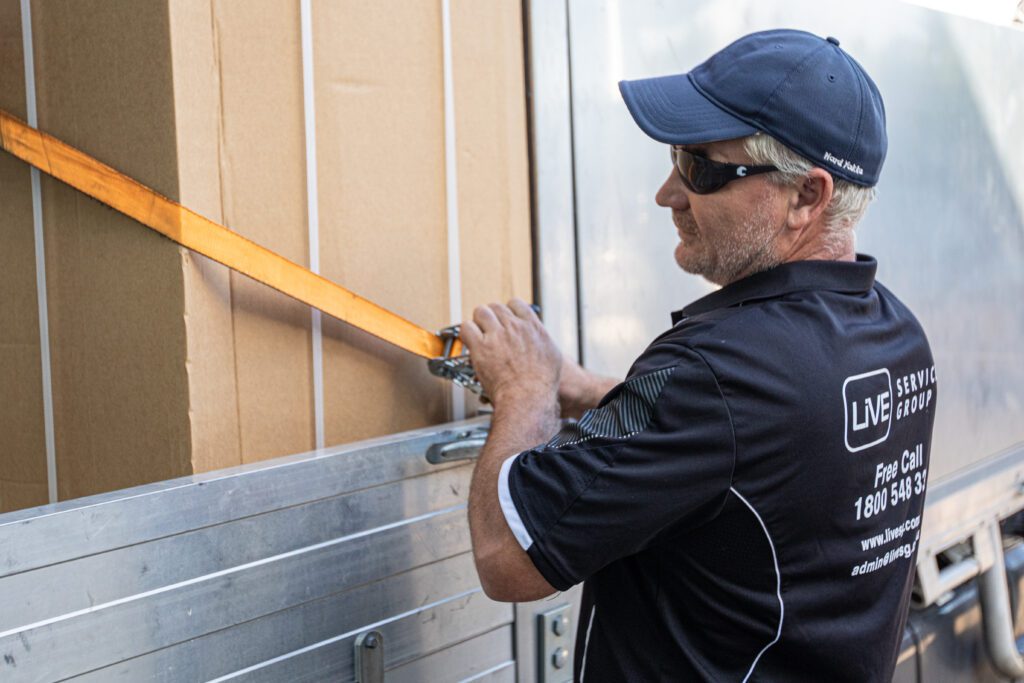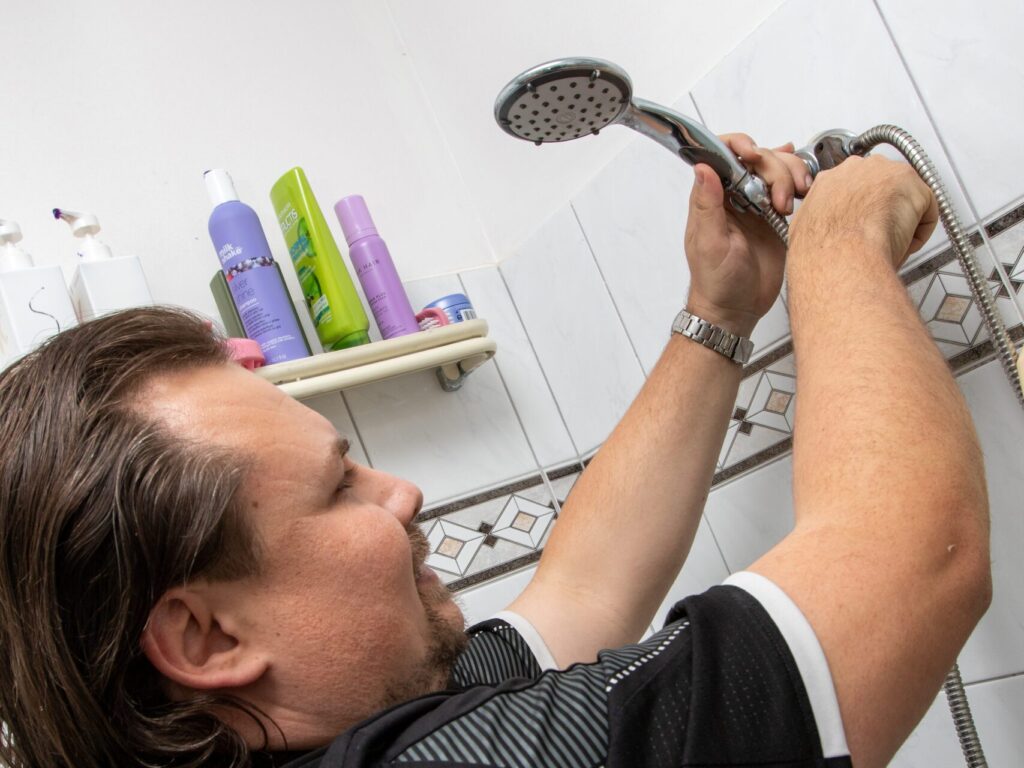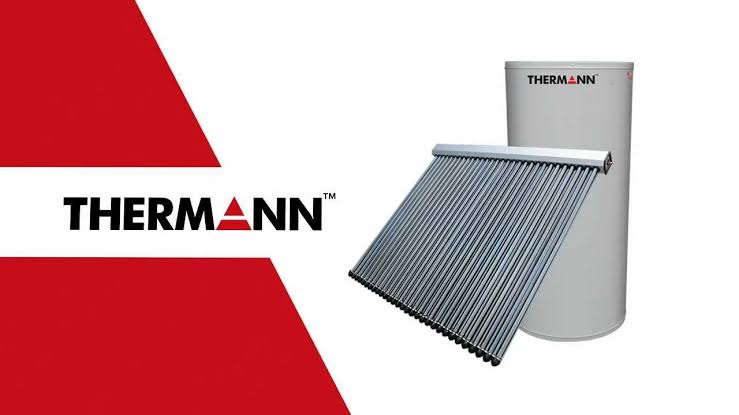You’ve probably never given a second thought to your hot water system until that fateful morning when you’ve stepped into an ice-cold shower. That’s when you start wondering, ‘How long do these things even last?’
Well, we’re here to shed some light on this frequently overlooked household essential. In this article, we’ll explore the average lifespan of a hot water system and delve into the factors that can extend or shorten it.
We’ll also guide you through checking your system’s manufacturing date and provide tips on how to prolong its life.
It’s time to demystify your hot water system so you’re not left out in the cold!

What’s the average lifespan of a hot water system?
On average, a hot water system typically lasts around 8 to 12 years, but with proper maintenance, it could potentially reach up to 20 years. This is considered the average lifespan of a hot water system. The actual duration can vary depending on whether you have an electric or gas hot water system. Hot water system maintenance is crucial in determining how long your unit will last. Neglecting maintenance can lead to the need for a replacement sooner than expected. Therefore, it’s important to understand the lifespan of your hot water system to know when it’s time for a new one and what to expect from your current unit.
In our next segment, we will explore the factors that influence the lifespan of a hot water system in more detail.
Factors that influence hot water systems lifespan
Factors that influence hot water systems lifespan include:
- Build quality
- Type of hot water system (tankless vs. storage tanks)
- Maintenance schedule
- Local water hardness
- Water usage
- Water quality
These factors can significantly impact the longevity of your hot water system. Tankless models typically have a longer lifespan than storage tanks. Regular servicing can extend the lifespan even further, while neglecting maintenance may lead to the need for an earlier replacement. Additionally, water usage and quality can exert strain on the system, affecting its life expectancy. Understanding these factors can help you decide whether to repair or replace your hot water system under warranty.
Now, let’s explore how to decipher your unit’s manufacturing date from the serial number.
How to check the manufacturing date of your hot water system?
Ever wondered how old your faithful heater really is? Knowing the age of your hot water system helps you budget for a new system before it fails. To check the manufacturing date, most water heating systems have a label on the tank.
Keep an eye on your water supply; changes in hot water may signal that you need to replace the whole unit. Next, let’s explore some ways to extend your heater’s lifespan.
How to extend the life of your hot water system?
Ensuring the longevity of your hot water system doesn’t have to be a daunting task. Regularly inspecting crucial components such as the Temperature Pressure Relief (TPR) valve and anode rod, as well as conducting routine maintenance flushes can greatly enhance its lifespan.
By putting together a regular maintenance schedule for your plumbing, you’re taking proactive measures to prevent potential issues before they become costly problems.
Inspect the TPR valve
Don’t forget to inspect your FPR valve. It’s the unsung hero that helps your hot water system enjoy a long and productive life. This tiny device plays a significant role in determining how long it will last by regulating water pressure within both gas and electric hot water systems.
- The TPR (Temperature Pressure Relief) valve prevents potential hot water problems like burst hot water.
- Regularly inspect the TPR valve to ensure it’s working correctly.
- A malfunctioning TPR could lead you to replace the Rheem hot or other parts prematurely.
- If unsure, seek help from a hot water specialist.
- Remember, even small components can significantly influence your system’s longevity.
By paying attention to these details, you’ll be better prepared for the next step: conducting regular maintenance flushes of your system.
Regular conduct maintenance flushes of your hot water system
Regularly flushing your heater can significantly improve its performance and lifespan. A hot water system requires regular conduct maintenance flushes to keep the heating element free from sediment buildup, which can cause a broken hot water situation. This is true for both gas and electric systems, including your standard tank system or an electric storage system.
Here’s why it matters: over time, minerals in the water settle at the bottom of your heater. If left unchecked, this could damage your heating element leading to less efficient operation or even failure. So by performing regular flushes on your hot water system you get to extend its efficiency and make it last a long time.
Now, let’s take a closer look at another essential part of maintaining longevity in your water heater: inspecting the anode rod.
Inspect the anode rod
You’ve probably heard the old saying, ‘An ounce of prevention is worth a pound of cure,’ right? Well, that’s especially true when it comes to maintaining your heater’s anode rod. Whether you have an electric hot water heater or a gas hot water heater, the anode rod is crucial for preventing corrosion in your tank.
The anode rod in your tank-based hot water systems acts as a sacrificial element, corroding before the tank itself does. Electric systems and gas systems alike rely on this piece for longevity. Even heat pump hot water setups and solar hot water systems need regular inspection of their rods.
So don’t overlook this component. Ensuring its health can extend the lifetime of any system significantly.
Now that we’ve covered this, let’s move into creating a routine maintenance schedule for your entire plumbing system.
Put together a routine maintenance schedule for your plumbing
Crafting a routine maintenance schedule for your plumbing isn’t just savvy, it’s essential to keeping everything running smoothly. A well-maintained hot water system depends on regular checks and adjustments. You wouldn’t want to be caught running out of hot water unexpectedly, would you?
If you have storage hot water systems like solar and heat pump hot tanks, or even if you’ve chosen to go tankless, the longevity of your system significantly boosts with a consistent plumb-check routine.
So, how long should you expect your hot water systems to last? With meticulous upkeep and adherence to a routine maintenance schedule, whether it’s a tank system or tankless, the lifespan may extend far beyond its warranty period.
Coming up next: learn when it’s time to speak with a local hot water technician today!
Speak With A Local Hot Water Technician Today!
Stop playing charades with your ancient hot water system and give a shout to our local hot water technician today. They’re more reliable than a fortune teller at a county fair! They’ll provide an experienced perspective on how long do hot water systems last and offer technical knowledge about different types of heating methods like gas water heater or electrical hot water.
Here are some key points to consider:
- Most hot water systems are designed to last between 8-12 years but regular maintenance can extend this lifetime.
- If you frequently need hot water, an instant hot water system might serve you best.
- Your choice between an electric or gas-fired system could impact the lifespan of your water tank.
Don’t gamble with your comfort, consult a local expert today!




